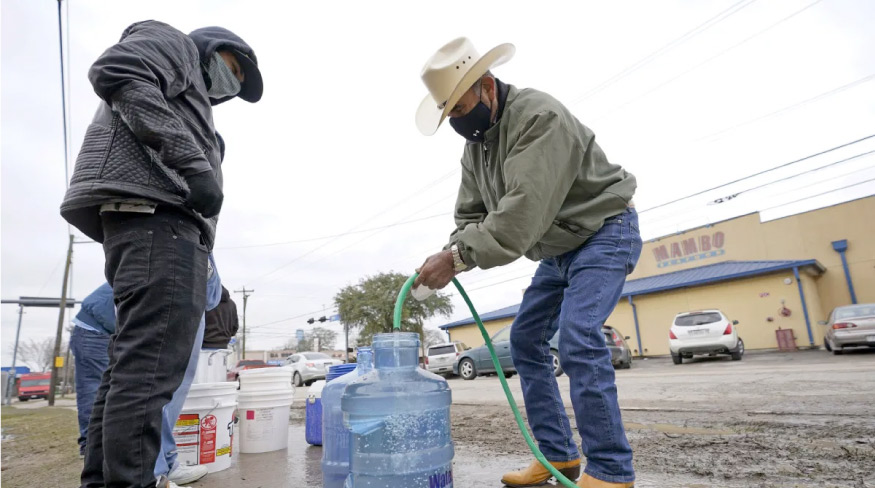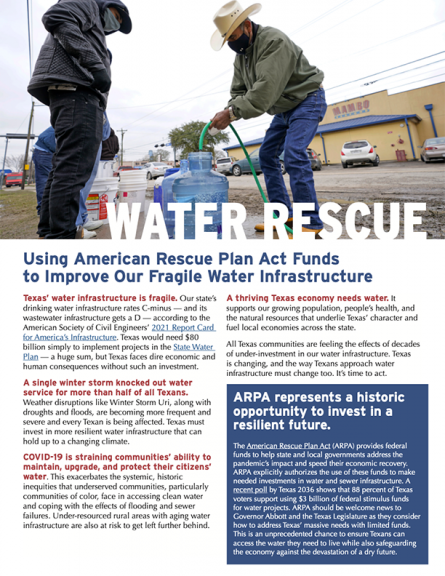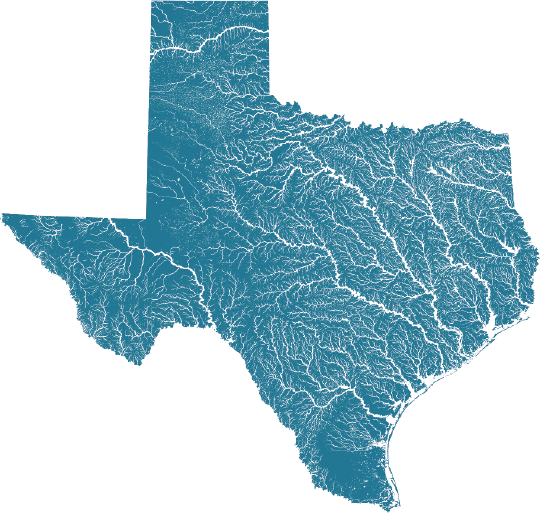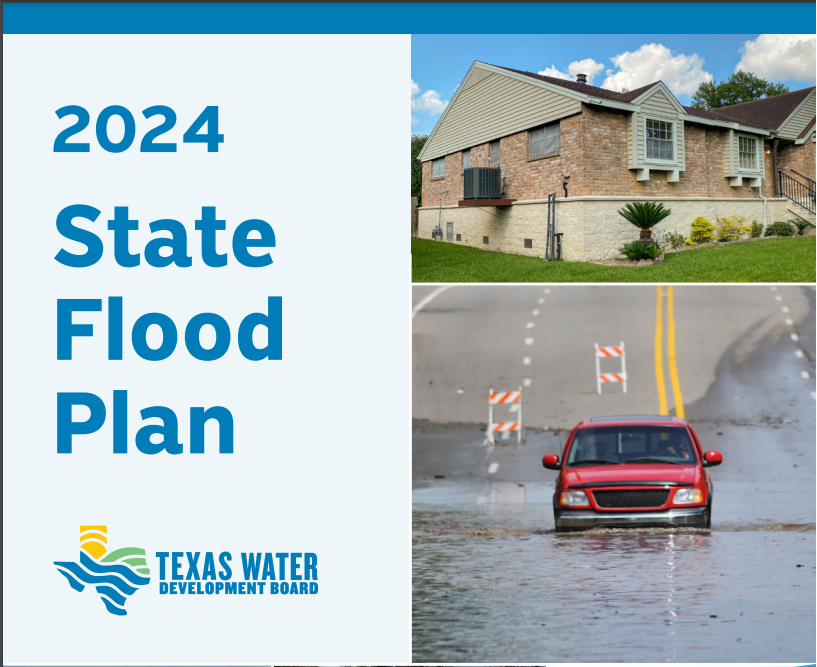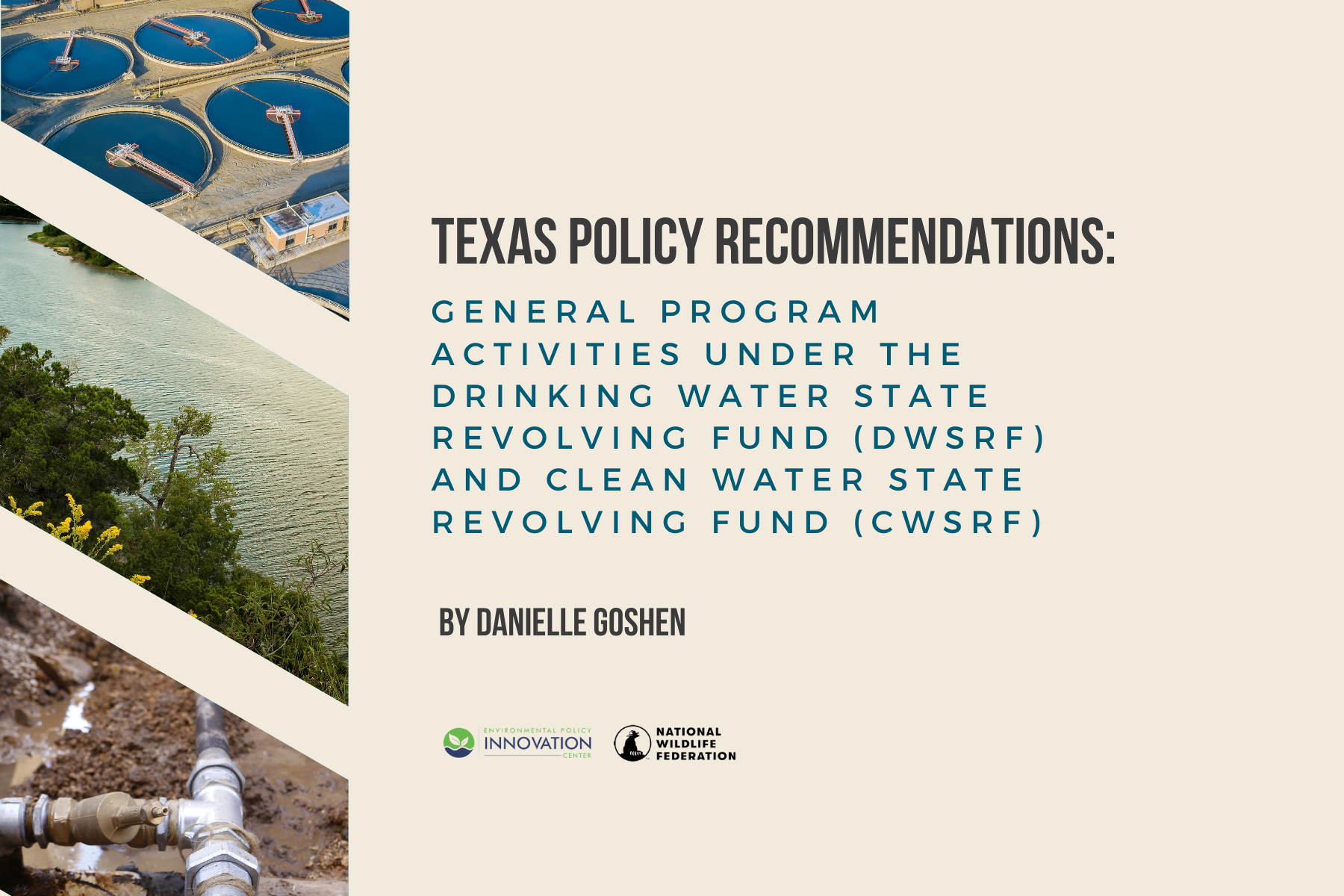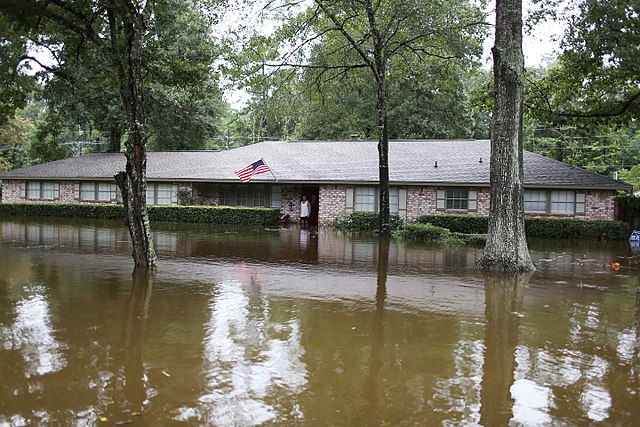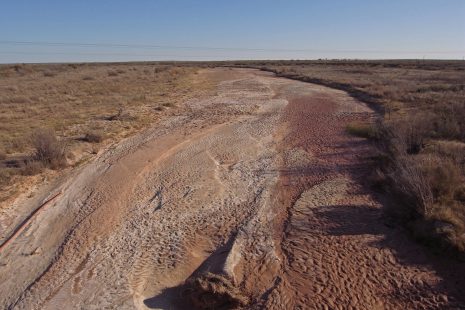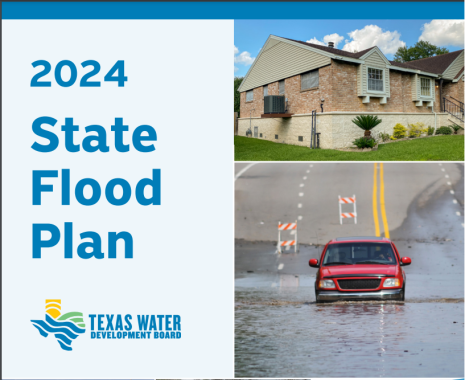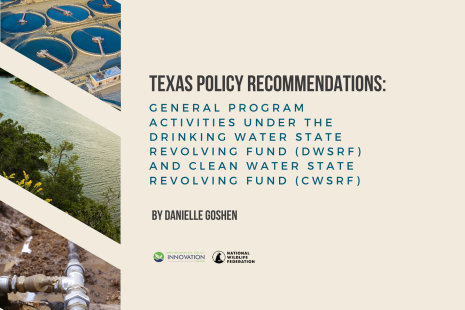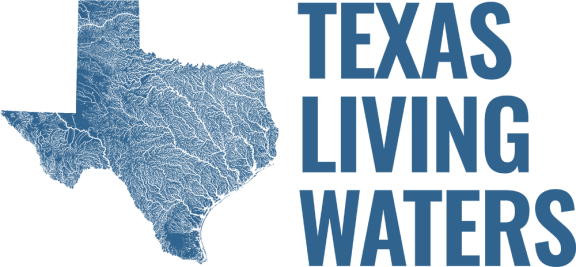Texas lawmakers have a unique opportunity to address the state’s fragile water infrastructure with the American Rescue Plan Act (ARPA) explicitly authorizing the use of federal funds to make needed investments in water and sewer infrastructure. A broad coalition of rural, conservation, and equity-focused organizations today released a set of proposed guidelines to help Governor Abbott and the Texas Legislature take full advantage of ARPA funding for water infrastructure purposes.
“Texas’ water infrastructure needs significant investment,” said Amanda Fuller, director of the National Wildlife Federation’s Texas Coast and Water Program. “A single winter storm knocked out water service for more than half of all Texans. ARPA funds should be welcome news in this regard. Legislators need to use the upcoming special session to direct ARPA funds towards investments in more resilient water infrastructure that can hold up to a changing climate.”
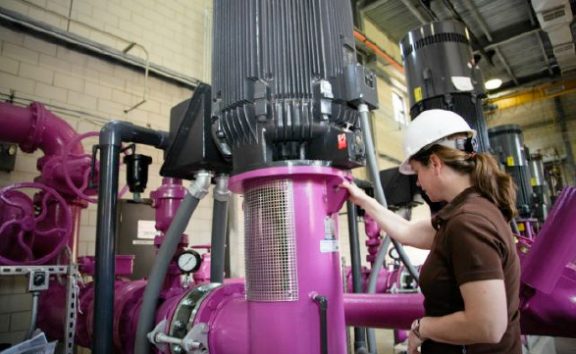
“COVID-19 is straining communities’ financial ability to protect people’s water supply,” said Ayanna Jolivet Mccloud, executive director of Bayou City Waterkeeper. “This is only deepening the systemic, historic inequities that underserved communities, particularly communities of color, face in accessing clean water and coping with the effects of flooding and sewer failures. State leaders should prioritize investing ARPA funds in underserved communities, emphasizing community-supported planning to help ensure that infrastructure funding tracks with lived experiences.”
“Rural communities in Texas continue to suffer the compounding impacts of aging infrastructure and limited resources,” said Katherine Romans, executive director of the Hill Country Alliance. “A thriving rural Texas economy needs water. Legislators should can and should use ARPA funds to award grants to communities with big water infrastructure needs but few resources to address them.”
The coalition’s proposed guiding principles for water-related ARPA investments include:
- Grants – use ARPA funds to award grants to under-resourced communities to address major water infrastructure projects, including non-capital projects such as water conservation initiatives.
- Innovation – use ARPA funds to catalyze emerging innovation in water supply, water reuse, nature-based solutions, aquifer storage and recovery, and other strategies.
- Resilience – ARPA funds can help communities update and upgrade their extreme weather plans, strategies and projects — and ensure they have the science and climate data they need to do so.
- Equity – state leaders should prioritize investing ARPA funds in underserved communities, emphasizing community-supported planning to help ensure that infrastructure funding tracks with lived experiences.
Organizations joining the call for ARPA-funded water investment include Bayou City Waterkeeper; Coalition for Environment, Equity & Resilience; Communities Unlimited; Environmental Defense Fund; Galveston Bay Foundation; Go Austin/Vamos Austin; Hill Country Alliance; National Wildlife Federation; Rural Community Assistance Partnership; Save Barton Creek Association; Sierra Club Lonestar Chapter; Texas Rural Funders; and Texas Water Foundation. The list of signers is expected to grow as the legislature prepares for the upcoming special session.
